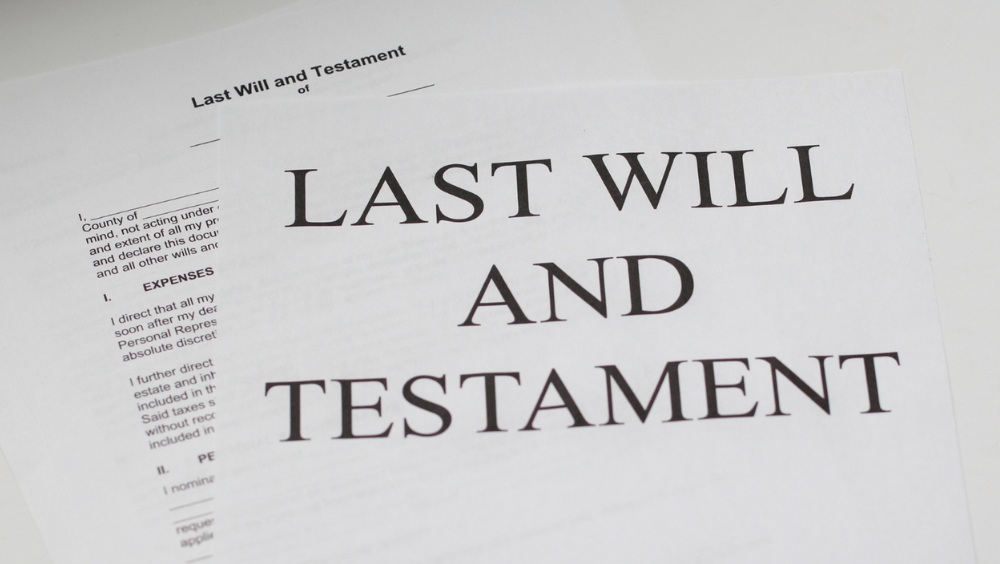
Probate is the process where beneficiaries legally obtain property promised to them in a will and pay off any debts of the estate. If no will is present, then the probate process assigns legal ownership to a close relative of the deceased through a law called the state intestacy law. In many states, going through the process to probate a will is the only option to legally become the owner of a home. Keep in mind that every state has a different probate law, even though many have adopted the “Uniform Probate Code.” If you need to sell a house that’s in probate and it’s not required to be sold within probate court, you’ll need to first finish the entire probate process before listing or selling the home. You can, however, speak with a real estate agent to get an accurate idea of the home’s worth. Your agent will also be able to go over any changes or upgrades you’ll need to make to the property, so that you can get a head start before it’s time to put the home on the market. If the home does not have to be sold in probate court, you’ll need to wait to list until you have power of attorney, which the court will give you. Before the property gets legally transferred to you, you’ll most likely need to go through the probate process. Generally, probate will go something like this: Contact a probate lawyer to represent you as the will goes through probate. Your attorney will file documents with the court, help collect any money obtained from life insurance, problem solve on income tax issues, and more. They will also be your general advisor throughout the entire probate process. The process begins when you file the deceased person’s will and a petition for probate in the relevant probate court local to where the deceased lived. This step officially initiates the legal process of probate. The court reviews the petition and, if everything is in order, formally appoints the executor, or administrator if there’s no will. As the executor or administrator, you will be responsible for managing the estate, including any real estate, during the probate process. At this point, you’ll also need to let all heirs and beneficiaries listed in the will know that you’re petitioning to begin probate. You’ll provide them the court date of your probate hearing, so that they can present objections, if any.What’s involved in the probate process?
1. Find a probate attorney
2. File the will and petition to start the probate process



